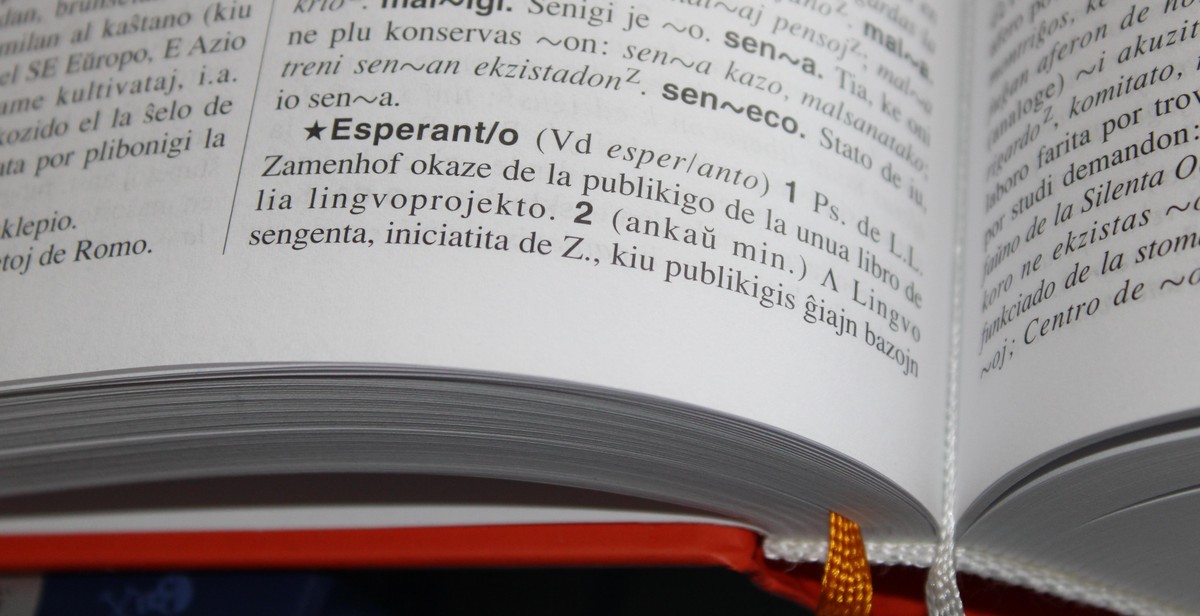How to Study Vocabulary in a Foreign Language: Techniques for Retention and Recall
Learning a new language can be an exciting and rewarding experience, but it can also be challenging, especially when it comes to memorizing vocabulary. As a professional article writer and content creator, I have had the opportunity to learn several foreign languages, and I have picked up some effective techniques for studying vocabulary that I would like to share with you.
The Importance of Vocabulary
Vocabulary is the foundation of any language, and without it, communication is impossible. Whether you are learning a new language for work, travel, or personal enrichment, building a strong vocabulary is essential for success.
Techniques for Retention and Recall
There are several techniques that you can use to improve your retention and recall of vocabulary. These include:
- Using flashcards
- Creating associations with images or stories
- Repeating words and phrases out loud
- Reading and listening to authentic materials
- Using spaced repetition software
Each of these techniques has its own benefits and drawbacks, and finding the right combination that works for you may take some experimentation. However, by incorporating these techniques into your language learning routine, you can improve your vocabulary retention and recall and take your language skills to the next level.
Conclusion
Learning a new language takes time and effort, but with the right techniques for studying vocabulary, you can make the process more manageable and enjoyable. In the following sections, we will explore each of these techniques in more detail and provide tips for incorporating them into your language learning routine.

Why Vocabulary is Important in Learning a Foreign Language
As someone who has studied multiple foreign languages, I can attest to the fact that vocabulary is one of the most important aspects of language learning. Without a strong vocabulary, it is nearly impossible to communicate effectively in a foreign language.
The Role of Vocabulary in Language Learning
Vocabulary is the foundation of language learning. It is the building blocks that allow you to form sentences, express your thoughts and ideas, and ultimately communicate with others. Without a strong vocabulary, you will struggle to understand what others are saying and to express yourself clearly.
Furthermore, in order to progress from beginner to intermediate and advanced levels in a foreign language, you need to continuously expand your vocabulary. This means learning new words and phrases on a regular basis. The more words you know, the more confident you will feel in your ability to communicate in the language.
The Connection Between Vocabulary and Communication
Communication is the ultimate goal of language learning, and vocabulary is essential to achieving this goal. In order to effectively communicate in a foreign language, you need to have a broad range of vocabulary at your disposal.
For example, if you are having a conversation with someone in a foreign language and you don’t know the word for “restaurant”, you won’t be able to express your desire to go out to eat. Alternatively, if you don’t know the word for “hungry”, you won’t be able to communicate that you would like to eat. In both cases, your lack of vocabulary will prevent you from effectively communicating your thoughts and desires.
Additionally, having a strong vocabulary can help you to understand more complex language structures. As you learn new words and phrases, you will begin to recognize patterns in the language and be able to understand more complex sentences and ideas.
Conclusion
In conclusion, vocabulary is a crucial component of language learning. It is the foundation that allows you to communicate effectively in a foreign language and to progress to higher levels of fluency. By continuously expanding your vocabulary, you will become more confident in your ability to communicate and understand the language.

Techniques for Studying Vocabulary
Flashcards
Flashcards are a traditional way of studying vocabulary. They are an effective tool for learning new words and retaining them in your memory. Flashcards work by presenting a word or phrase on one side of the card and its translation on the other side. You can use flashcards to study alone or with a partner. To make flashcards, you can use index cards or an online flashcard app like Quizlet.
- Write the foreign word or phrase on one side of the card and its translation on the other side.
- Review the cards regularly by going through them and testing yourself.
- Separate the cards into two piles – one for the words you know and another for the words you don’t know.
- Focus on the pile with the words you don’t know and review them more frequently until you have learned them.
Contextual Learning
Contextual learning is a technique that involves learning new words in the context of a sentence or a phrase. This technique is effective because it helps you understand the meaning of a word and its usage in a sentence. You can use this technique by:
- Reading a book or an article in the foreign language and looking up the words you don’t know.
- Watching a movie or a TV show in the foreign language with subtitles.
- Listening to a podcast or a song in the foreign language and transcribing the lyrics.
Mnemonic Devices
Mnemonic devices are memory aids that help you remember new words by associating them with something you already know. This technique is effective because it creates a connection between the new word and a familiar concept. You can use mnemonic devices by:
- Creating an acronym using the first letter of each word in a phrase.
- Using a mental image to associate the new word with a familiar object or concept.
- Creating a rhyme or a song to remember the new word.
Spaced Repetition
Spaced repetition is a technique that involves reviewing new words at increasing intervals of time. This technique is effective because it takes advantage of the way our brains learn and retain information. You can use spaced repetition by:
| Day | Words to Review |
|---|---|
| Day 1 | 10 new words |
| Day 2 | Review the 10 new words from Day 1 |
| Day 4 | Review the 10 new words from Day 1 and Day 2 |
| Day 7 | Review the 10 new words from Day 1, Day 2, and Day 4 |
| Day 15 | Review the 10 new words from Day 1, Day 2, Day 4, and Day 7 |
By using these techniques, you can effectively study vocabulary in a foreign language and improve your retention and recall. Experiment with different techniques to find what works best for you.

Tips for Retaining Vocabulary
Learning new vocabulary is one thing, but retaining it is a whole different ball game. Here are some tips to help you retain the new words you learn:
Practice, Practice, Practice
The more you practice using new vocabulary, the more likely it is to stick in your memory. One way to practice is by writing sentences or short paragraphs using the new words you’ve learned. Another way is to use flashcards or vocabulary apps to review the words regularly.
Use Vocabulary in Everyday Life
One of the best ways to retain new vocabulary is to use it in everyday life. Try incorporating new words into your conversations, emails, and even text messages. The more you use the words, the more likely they are to stick in your memory.
Engage in Conversations with Native Speakers
Speaking with native speakers is a great way to practice using new vocabulary. Not only will you get to practice the words you’ve learned, but you’ll also get to hear them used in context. This will help you understand the nuances of the words and remember them more easily.
Watch TV Shows and Movies in the Target Language
Watching TV shows and movies in the target language is a fun way to practice new vocabulary. You’ll get to hear the words used in context, and you’ll also get to see the body language and facial expressions that go along with them. This will help you remember the words more easily and make them feel more natural to use.
Conclusion
By using these tips, you’ll be able to retain new vocabulary more easily. Remember to practice, use new words in everyday life, engage in conversations with native speakers, and watch TV shows and movies in the target language. With time and effort, you’ll be able to expand your vocabulary and become more fluent in your target language.

Conclusion
Studying vocabulary in a foreign language can be challenging, but with the right techniques, you can improve your retention and recall. Here are some key takeaways:
Review regularly
Regular review is essential to retain vocabulary in your long-term memory. Set aside time each day or week to review the words you have learned.
Use context
Learning vocabulary in context helps you remember words better. Use real-life situations, stories, and dialogues to learn new words.
Use flashcards
Flashcards are a great tool for memorization. Make your own flashcards or use online resources to create flashcards that are tailored to your needs.
Practice actively
Active practice is key to retention and recall. Use the new vocabulary in your conversations, writing, or reading to reinforce your learning.
Be patient
Learning a new language takes time and effort. Be patient and persistent in your study, and you will see progress over time.
Remember that everyone learns differently, so experiment with different techniques to find what works best for you. By incorporating these techniques into your language study, you can improve your vocabulary retention and recall, and ultimately become more proficient in your target language.
